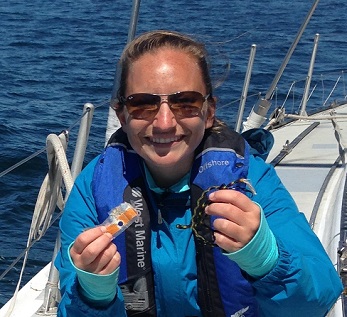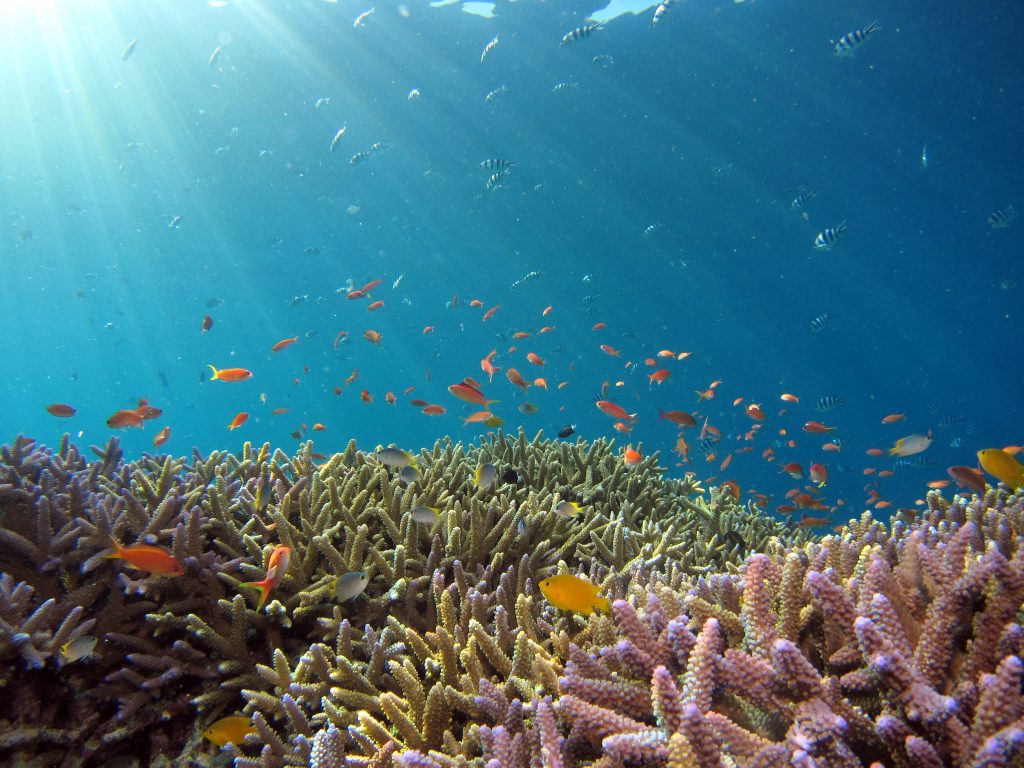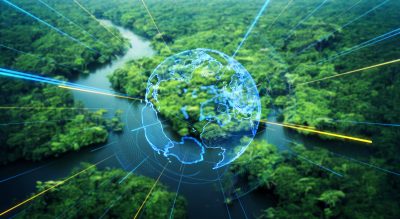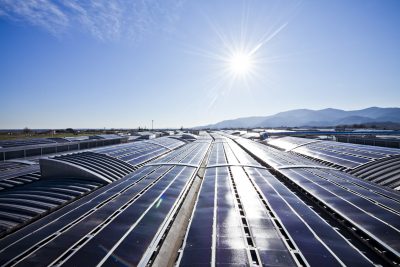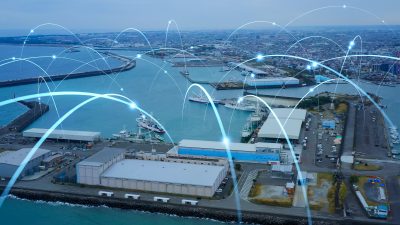In the US, Sofidel partners with Ocean Conservancy, an organization that creates evidence-based solutions for a healthy ocean. Allison Schutes, Director of the International Coastal Cleanup at the non-profit environmental advocacy group, discusses the importance of its work and its partnership with Sofidel
How does the partnership between Ocean Conservancy and Sofidel make sense in terms of sustainability?
Allison Schutes: Ocean Conservancy believes that all people and stakeholder groups have a role to play in solving our ocean’s challenges: partnerships are part of our DNA. We engage and collaborate with policymakers, academia, thought leaders, influencers, the private sector, and other key players to drive long-term change for a healthy ocean. This expertise extends to large-scale, public facing campaigns and partnerships.
We partner with companies that are genuinely and demonstrably committed to improving their practices and achieving sustainability. We conduct a robust due diligence process and obtain sign-off from our team of experts before entering into new corporate partnerships. Sofidel’s commitment to reduce its plastic usage by 50% by 2030, along with greenhouse gas emission and water usage reduction goals, demonstrate alignment with Ocean Conservancy’s vision for a healthy ocean. Sofidel’s support of the International Coastal Cleanup® (ICC) bolsters our efforts to mobilize volunteers to clean up beaches and waterways around the globe.
What is Ocean Conservancy doing to benefit the environment?
Allison Schutes: The health of the ocean is intricately connected to the fate of humanity. More than half of all life on Earth is found in the ocean, and 40% of the world’s population lives within 60 miles of the coast. The ocean is the original source for the air we breathe, the water we drink, and for many, the food we eat. The ocean regulates our climate and has absorbed about one third of the carbon dioxide in our atmosphere; and more than three billion people worldwide depend on seafood as a primary source of protein.
For nearly 50 years, Ocean Conservancy has worked to protect the ocean from today’s greatest global challenges. Together with our partners, we create evidence-based solutions for a healthy ocean and the wildlife and communities that depend on it.
Our priorities include:
- Cutting carbon emissions – Advance ocean mitigation measures to help secure a stable, 1.5°C future (stop global warming to no more than 1.5°C degrees above pre-industrial levels);
- Stopping pollution – Stem the tide of plastics, waste and other contaminants flowing into the ocean;
- Increasing marine life – Protect and restore ocean biodiversity and abundance;
- Securing sustainable use – Ensure ocean uses result in a net benefit for the ocean and people.
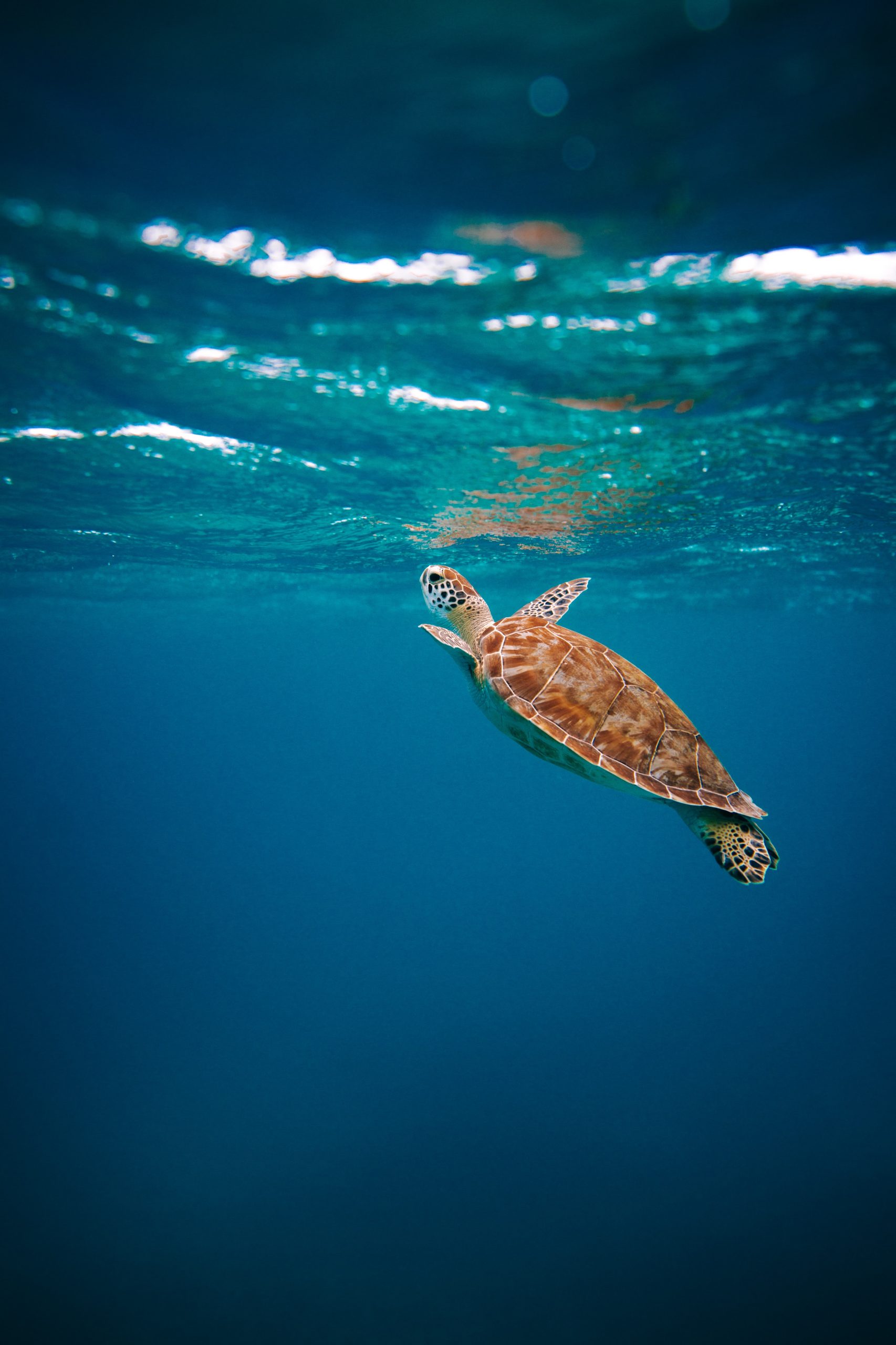
What sets Ocean Conservancy apart from other environmental organizations?
Allison Schutes: Ocean Conservancy takes a holistic approach to the ocean plastics crisis – because the science shows we need to keep plastics out of our ocean. We develop critical scientific research to better understand the problem, organize and implement large-scale cleanups, advocate for improved policies and private sector practices that keep plastics out of our ocean to begin with, and educate and engage communities around the globe.
One of our best-known public initiatives is our International Coastal Cleanup® (ICC), which mobilizes hundreds of thousands of people around the world to remove trash – much of it single-use plastics – from local beaches, waterways, and parks. What also makes the ICC so unique is our focus on data. Volunteers record what they find through paper data cards and our Clean Swell mobile app. Since the first ICC in 1986, over 17 million volunteers have removed more than 348 million pounds (158 million kilograms) of trash.
The ICC is the backbone of Ocean Conservancy’s Trash Free Seas® program, which brings together some two dozen experts fighting to keep plastics and other debris out of the ocean.
“One of our best-known public initiatives is our International Coastal Cleanup®(ICC), which mobilizes hundreds of thousands of people around the world to remove trash – much of it single-use plastics – from local beaches, waterways, and parks”
Allison Schutes
Can you provide further details regarding the flagship cleanup in Washington, D.C.?
Allison Schutes: As part of the ICC, the Washington, D.C. flagship cleanup is one of many local cleanups that engage communities in ocean stewardship each year. Ocean Conservancy is headquartered in D.C., so this cleanup is also the preeminent event that Ocean Conservancy hosts to celebrate the ICC right in our own backyard. In the years leading up to the pandemic, the event grew steadily. In September 2019, approximately 1,000 volunteers collected 6,000 pounds of trash from Kingman Island during a single day.
During the pandemic, we have still celebrated the ICC on Kingman Island but with a smaller group of volunteers in accordance with local guidance. We look forward to a larger turnout this year and anticipate that hundreds of local volunteers will come together once again on Kingman Island on September 17, 2022.
People might not be familiar with your logo on products. What does your stamp mean for the product that has your logo to be branded as such?
Allison Schutes: As a non-profit organization, Ocean Conservancy does not endorse companies or products. We do create strategic partnerships with companies that are working toward sustainability and align with our mission and goal of a clean, healthy ocean. The use of Ocean Conservancy’s logo indicates that a company is supporting our work in a meaningful way and acts as an opportunity to reach and educate new audiences about ocean conservation.
What every day actions can consumers put into practice to help our oceans? What can we all do to stop pollution and help protect marine life?
Allison Schutes: We all have a role to play in tackling the ocean plastic problem – and there are many actions that every day citizens can take to help protect our ocean. Individual choices such as skipping plastic cutlery and straws, carrying reusable bags and water bottles, and avoiding unnecessary plastic packaging can make a big difference for our ocean.
Individuals can join Ocean Conservancy’s International Coastal Cleanup® (ICC) and help collect trash from their local beaches and waterways while contributing data to help inform larger scale solutions. At the same time, we ultimately need big systemic changes from governments and corporations to truly stem the tide of plastics entering our waters. Individuals have a role to play here, too: they can call on governments to pass laws that reduce plastic pollution through product bans, improvements to recycling, and holding companies that make plastics accountable for cleaning up the waste their products create.
